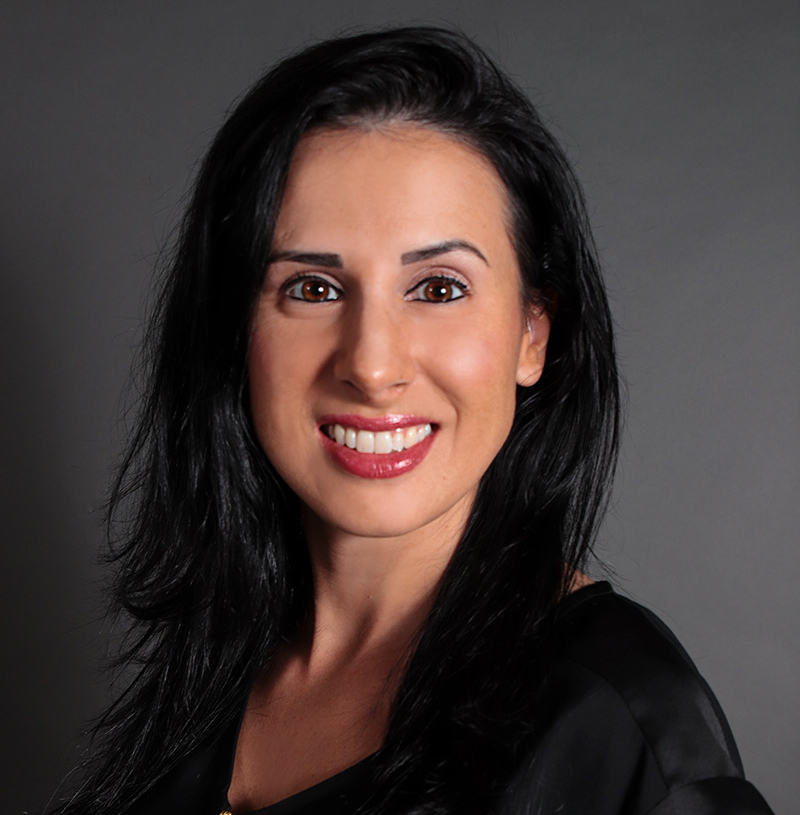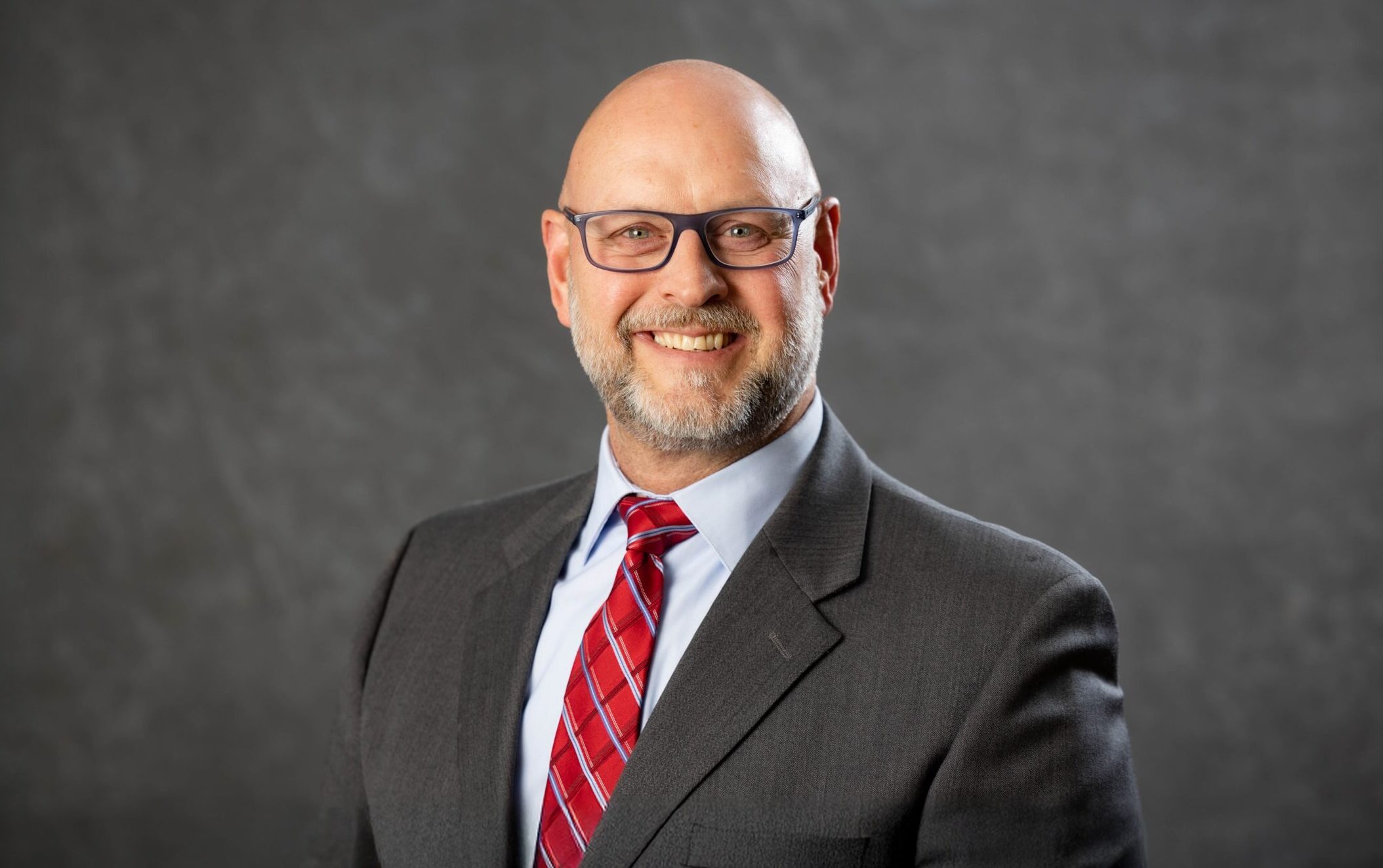by Jacqueline Jadidian,
UniteNews Contributing Writer
Springfield, MO—
Self-sufficiency is described as the ability to provide for one’s needs without outside aide. Many facets of our society promote self-sufficiency, such as social media and entertainment, family values, religion and/or spirituality, Corporate America mindset, sports teams, etc. As everything in life needs to be balanced, our self-sufficient zest needs to be balanced with hard work and ambition along with wisdom, common sense, and knowing when to seek outside assistance. If we are self-sufficient and do not have balance in this area, we can overwork ourselves, make poor choices, and/or our zest can affect others by the decisions we make for them.
When it comes to senior living communities and senior care in general, being self-sufficient is healthy to a certain point. That point would be, while looking into options, being open to ask for guidance if one is not completely confident and educated to know the different aspects of senior care. I have met many families through my business using my services for guidance and advisement. What I have discovered is the individuals that are what we consider self-sufficient and independent, can sometimes think they know what is best for their loved one without having the slightest knowledge of the different aspects of senior care and what each one offers.
Here are some questions to review to see if you truly know the difference between senior care options. If you cannot fully explain each option, there is a good chance you need outside guidance to assist you or your loved one when the time is near.
• What is the difference between a 55+ community, independent living, assisted living, memory care and skilled nursing care?
• If you have long-term care insurance, how does it work and what does it cover?
• What is short-term rehabilitation? How does your insurance cover the cost?
• What is the difference between in-home care and home health?
• What is hospice? What does it cover, how is one eligible, and who pays?
• What is the difference between Medicare and Medicaid, and how does each one pay for senior care?
• What is an estate plan, and what documents are entailed?
• What is the difference between a Trust, Living Will, Durable Power of Attorney for Healthcare and Finances, and a Deed?
If this is outside of your wheelhouse do not feel overwhelmed or daunted. Ask for help from a trusted experienced guide.





